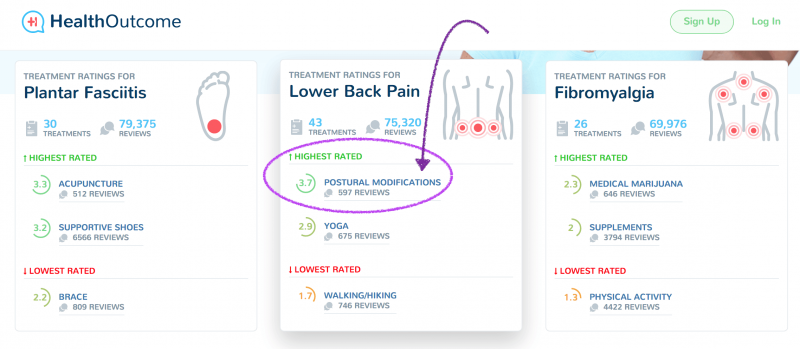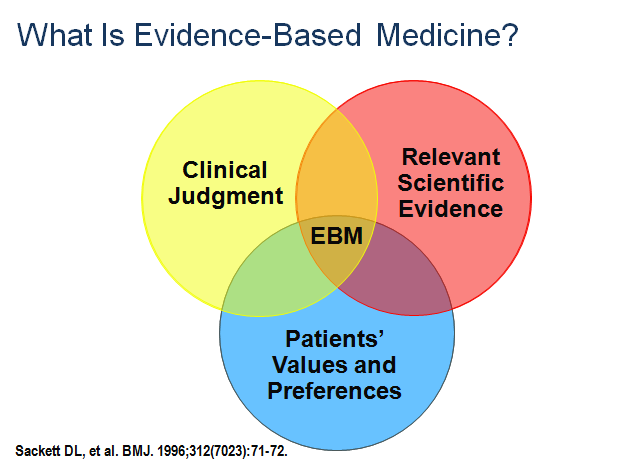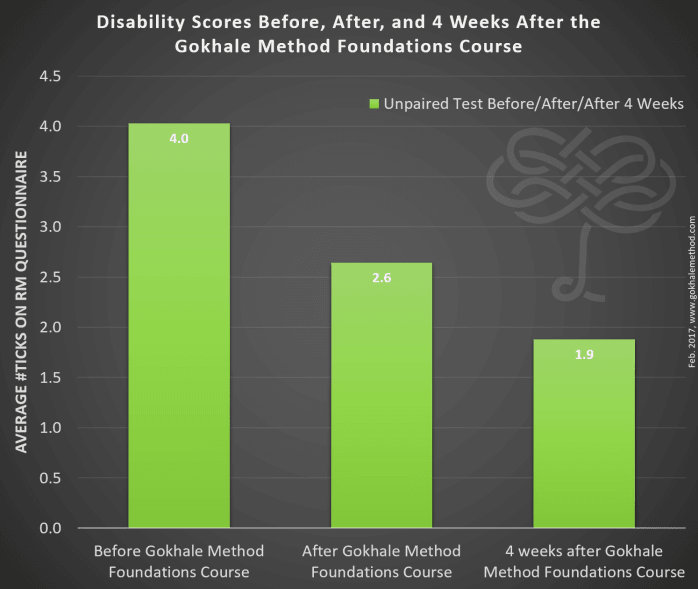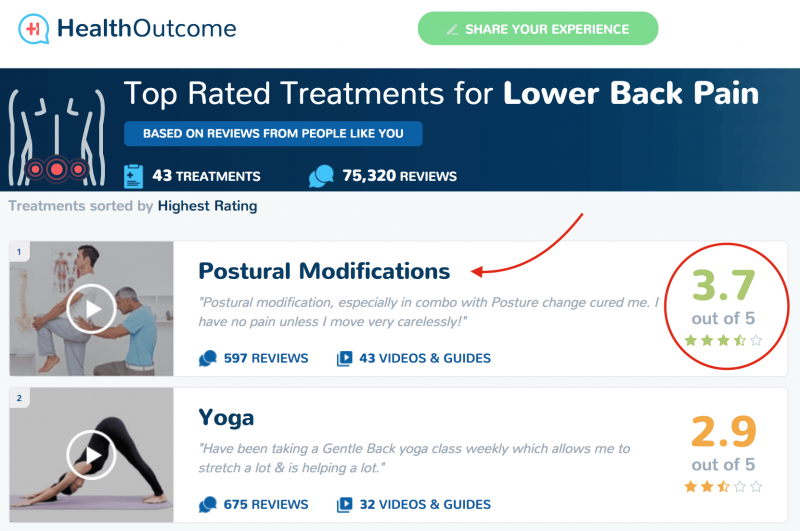Is Crowdsourcing the New Face of Evidence-Based Medicine?
In the 1990s, Ofer Ben-Shachar suffered a leg injury. Doctors recommended he get surgery, estimating they would have him back running marathons within weeks. Before going under the knife, Ben-Shachar wanted to find data on this surgical option to see how effective it really was. However, the little research he could dig up was confusing and inconclusive. Frustrated, he succumbed to the assurances of his confident surgeon. What happened instead was so debilitating, it took him five years before he was able to drive a car again (you can read more about this story here). He vowed that one day he would create a website to help people get the kind of information he wished he had had at the outset.
After selling a successful startup, Ben-Shachar was able to follow through on his promise and funded a venture that he has named HealthOutcome.

Health Outcome homepage showing the highest and lowest rated solutions for Lower Back Pain
The website reads, “To [Ofer’s] surprise, no one from the medical community (his doctor, the hospital, or his insurance company) contacted him to learn about the result of his surgery.” Ben-Shachar goes on to say, “There is no meaningful data on medical treatments or surgery outcomes available to patients or physicians." Despite over 51 million surgeries (750,000 of them back surgeries) performed annually in the US, there was little to no patient-reported outcome data available to patients. "We are actively addressing this void of outcome data with a platform built to capture the voice of the patient.”

Data on medical outcomes has been limited and is not always trustworthy
In response to this lack of information, HealthOutcome has democratized treatment outcome data by collecting crowdsourced ratings and reviews. People need to hear from each other, not just in anecdotes, but in numbers. Ben-Shachar explains, “after 80 reviews are submitted for an intervention, we see the rating stabilize, which is in itself a sign of validity. The scale of the studies we are doing here is beyond anything happening in clinical trials. At 1/10,000th the cost per patient, we pool unbiased results from the public and are reflecting important truths about what works and what doesn’t.” There is truth in numbers, and the website has gotten the attention of a group of Stanford researchers who have recently published an article about the site "Is Crowdsourcing Patient-Reported Outcomes the Future of Evidence-Based Medicine? A Case Study of Back Pain", showing it to be a valid tool for measuring medical outcomes.

In the Evidence-Based Medicine triad, ‘relevant scientific evidence’ can now be bolstered by crowdsourced outcome data
Researchers note that the findings on HealthOutcome are consistent with the findings from randomized controlled trials, while the numbers are vastly greater than can be achieved from a randomized controlled trial (RTC). Furthermore, HealthOutcome allows for people to rate treatment success many months or years later, giving a better picture of the longevity of an outcome. For most surgeries, doctors perform little or no follow-up, and controlled trials are limited in that they cannot check back in on the trial patients one, two, three years later to see how their condition has progressed.
The Gokhale Method Institute recognizes the need for research on our program, but has had to face the reality of how difficult it is for a small organization to gather ‘pure’ data, in the form of an RTC. These trials are expensive and take specialized knowledge and a specialized cast of characters to design, implement, analyze, and publish.

This figure shows the change of mean values of the number of check-marked pain-related questions from the Roland Morris Pain Questionnaire due to Gokhale Method Foundations course.
In our journey for scientifically sound data, various studies have been conducted on the Gokhale Method. A San Jose State University study showed increased vitality and increased hamstring flexibility from taking the Foundations Course. An ongoing in-house study has shown remarkable changes in the frequency of back pain that students experience before the course, at completion of the course, and four weeks after completion. These studies, though highly encouraging, fall short of the RTC standard.

Enter HealthOutcome with reliable and valuable data!
HealthOutcome, with its overwhelming validation of the Gokhale Method and Postural Modification, was therefore a very welcome recent discovery. Lower back pain is one of the conditions the site has highlighted and...drumroll…Postural Modifications wins by a landslide margin! While most treatment options on the site differ by only 0.1 or 0.2 points (on a 0–5 rating scale) from the next best treatment option, Posture Modification stands head and shoulders above the next best treatment: compare a rating of 3.7 for Posture Modification with 2.9 for Yoga, with over a thousand reviews between them.
The Gokhale Method had been added to the list of interventions on the site, and we’re very proud to have a 4.6 out of 5 rating. With less than 500 reviews, our treatment doesn’t yet make it ‘above the fold.’ However, this excellent rating is a huge deal for the Gokhale Method, for back pain research, and for the public.

The Gokhale Method needs more reviews, but it is quickly becoming the top-rated solution on the Health Outcome website
This site is a tremendous service to us all, and I hope it flourishes and expands to cover an increasing number of conditions. There has long been a need for an efficient, trustworthy way to collect reviews of available treatment options, both to help patients gather the information they need to make informed medical decisions, and to help inform medical professionals (who have little time to research new treatments for every condition and to compile detailed treatment reviews) of the variety and efficacy of the options available for their patients. There is also a great need for a platform that non-clinical treatment options, such as posture modification and exercise regimens, can use to efficiently gather data, learn how effective their programs are, and share this news. The Gokhale Method is very excited to be able to see quantifiable validation of what we hear from our students every day, and to share our success with a larger audience.
I hope as readers of this article, you will share your experience after taking the Gokhale Method Foundations course on HealthOutcome if you were suffering from either lower back pain or neck pain.

Comments
The Gokhale Method has made
The Gokhale Method has made all the difference for me and so I have added my data to HealthOutcome.org and I recommend that all of us who have been healed by Gokhale add our voices to the site so that others can be helped.
Tony
Thank you for taking the time
Thank you for taking the time and trouble to add your voice, and encouraging others to do the same! We're seeing several additional reviews for lower back pain and neck pain on healthoutcome.org - this is very gratifying. Thanks to everyone who is participating!
Oh my gosh, this is so
Oh my gosh, this is so exciting and so needed! I too will add my voice to the project! I can testify to the Gokhale Method being absolutely remarkable but on another issue all the pointless heart surgeries need to come under more scrutiny. My husband's open heart surgery was a shameful travesty. So many surgeries of all kinds are done simply to support a system (clinic and hospital costs) rather than for the true benefit of an individual.
Thank you for this information.
Tara
This data, and Randomized
This data, and Randomized Controlled Trials, do indeed show that we overuse surgery in our culture. And sorry to hear that your husband had great problems. But I believe it's important to keep in mind how great surgery is when you really need it. It takes an enormous amount of time, training, and dedication to do right by our bodies when surgery is necessary - my daughter is a medical resident and I now have an insider's view of what's invovled in medical training - oy! Every industry has its problems and abuses, but I feel enormously grateful to the people and complex systems that support us when simple measures are not enough.
I found “8 Steps to a Pain
I found “8 Steps to a Pain Free Back” in my husband’s Acupuncture office in the early 1990’s. My childhood had been tainted by back pain from an early age, at 12 I was diagnosed with scoliosis and sway back. The osteopath saw an extra wedge shaped disc at the base of my spine which was probably the cause of the scoliosis. I was not prescribed any treatment, only advised to lose weight (yes, I was a chubby kid) and exercise. At 15, I began a quest to feel better and found meditation, at 18, I took my first Hatha Yoga class and I was hooked. Yoga helped in numerous ways and yet my back was not free from pain. Finding Esther Gokhale’s book started me on a long road of transforming my body.
Reading the book is good, and attending some free intro sessions helped to give me a hands on feel for the meaning of “bean shaped feet, heels in toes out, soft knees & hips, antiverted pelvis, inner corset, rib anchor, shoulder roll, tall standing”. I began to apply the principals to my daily life and later, when I started teaching yoga regularly, I wholeheartedly applied them to the best of my ability to my classes.
The Gokhale Method has helped me actually grow taller! In 2021, as covid was keeping us isolated, I donned mask & shield and flew to the Bay Area for the Foundations Course in person. Now the principles were more experiential and in my body, I recognize the benefits of an in person training and the six lessons over the course of two weeks gave me the boost I needed to begin to feel the changes happening in my body. Starting at the feet, “bean shape” became a natural way of being for those basic and vital appendages. My feet became stronger, arches more pronounced and active, more buoyant and bouncy. Moving up to the knees, an awareness of the alignment of knees with toes brings a feeling of safety. I found strength in softness and mobility is enhanced with alignment. “Soft knees & hips” allows for better flow throughout the body. External rotation of the legs, allowing relaxation after contraction & glute strength have become integral aspects of my awareness and with each step I take I am able to notice how those big muscles have a very necessary part to play in every step. “Rib anchor” and “inner corset” became an internal mantra that continue to subtly change this 67 year old body. Though the sway in my back has not completely gone away, low back pain has! There is such a difference when you are able to anchor that rib cage and activate the inner corset to reduce sway and bring more space between the vertebrae as prana (life force) courses through an unrestricted spinal column with each breath. And then there is the “shoulder roll”! My goodness, gracious that is such a healer! I remember having numb fingers and painful thumbs before regularly shoulder rolling. For the first year or more there was much crackling and crunching in my left shoulder whenever I would roll it. Gradually that discomfort and crunchiness has dissipated as I daily find my shoulders “home” and relax them there. “Stretch lying” every evening as I go to rest for the night has been another aspect of this practice that has significantly affected my alignment. That, along with the shoulder roll, neck lengthening and alignment continue to bring greater freedom of movement into every part of my body. I am happy to report that thanks to practicing the principals of The Gokhale method I grew taller in the first year of dedicated practice, measuring five feet one inch in 2020, in 2022 I measured in at five feet 2.8 inches, nearly two inches taller!
Add New Comment
Login to add commment
Login